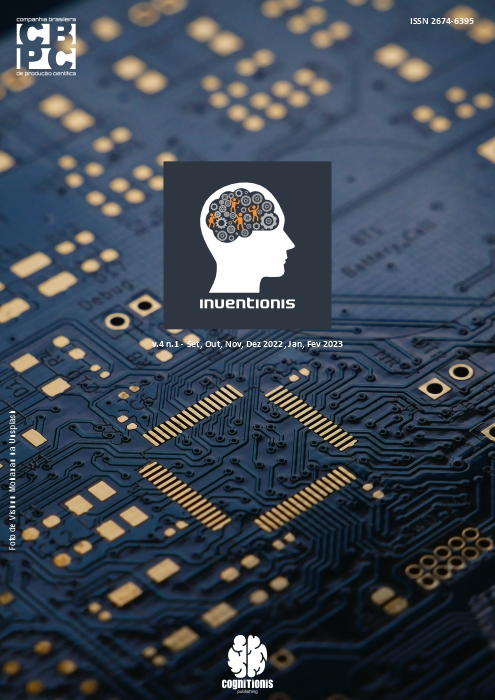Solar energy as a tool for financial and sustainable education
DOI:
https://doi.org/10.6008/CBPC2318-3055.2021.003.0009Keywords:
Photovoltaic energy., Financial education., SustainabilityAbstract
Among the renewable energies, photovoltaic energy was the one that presented the biggest growth and the biggest investments. Conscious and responsible consumption helps to provide pleasure in the present and to make financial security for the future viable. Therefore, this work will provide information on how solar energy can be a financial education and sustainability tool. To identify how investment in solar energy can bring short and long-term benefits for the investor and the environment, reaffirm the importance of being a sustainable consumer from the positives and negatives in the application of solar energy, demonstrate the consumption and financial return and present how new changes occurred in Brazil that would facilitate access to solar energy by the population. The work is subdivided into 3 parts, the first and third being a qualitative-quantitative, descriptive and exploratory study with pure basic education and transversal time, applying an overview of photovoltaic energy, the advantages and challenges and how the country is doing. positioning on this world agenda, in addition to the legislative and fiscal changes that have taken place. The second part shows three examples of small, medium and large consumption explained on the basis of NBR 16690 through tables and from this the consumption calculation will be developed and how many solar panels will be required to be used. Study of the attractiveness of the enterprise as the amount to be invested in the design of the project, application and its return for economic-financial feasibility analysis based on the calculation according to Macedo (2014) of the Net Present Value (NPV) and the Internal Rate of Return (TIR) confirms that photovoltaic energy is an investment with good financial return for contractors. Adopting this energy source generates production potential and cost control, which can meet all of Brazil's energy needs in order to be used with great benefit to the population.
Downloads
Downloads
Published
Issue
Section
License
Copyright (c) 2022 Engineering Sciences

This work is licensed under a Creative Commons Attribution-NonCommercial-NoDerivatives 4.0 International License.
The CBPC - Companhia Brasileira de Produção Científica (Brazil CNPJ: 11.221.422/0001-03) the material rights of the published works. The rights relate to the publication of the work anywhere in the world, including rights to renewals, expansions and dissemination of the contribution, as well as other subsidiary rights. All electronically published works may subsequently be published in printed collections under the coordination of this company and / or its partners. The authors preserve the copyright, but are not allowed to publish the contribution in another medium, printed or digital, in Portuguese or in translation.








